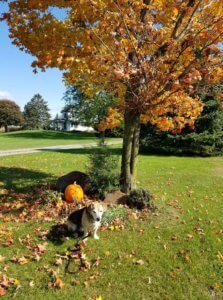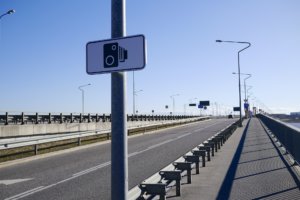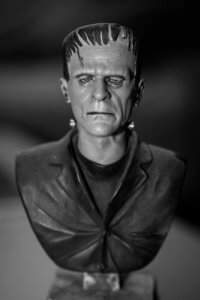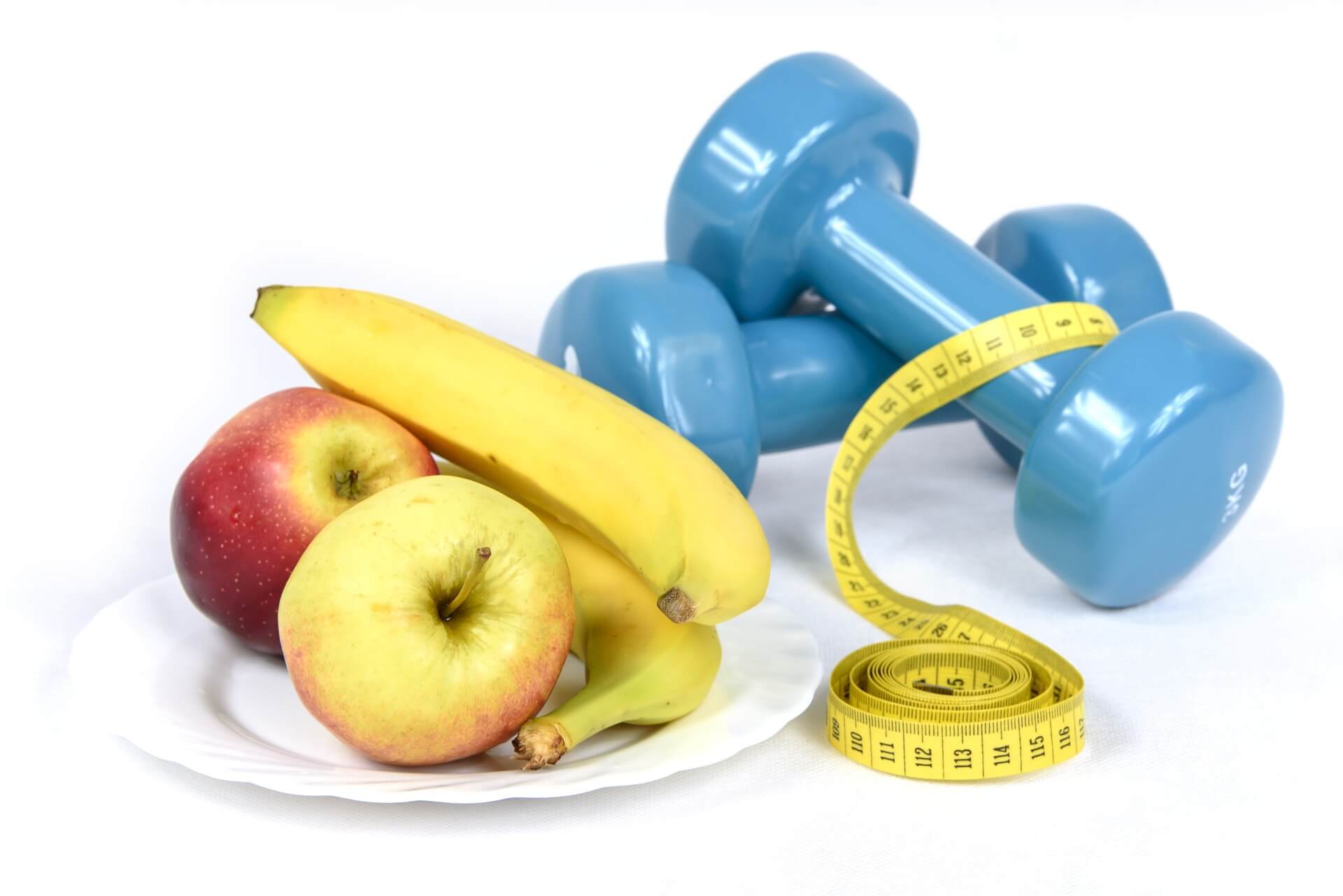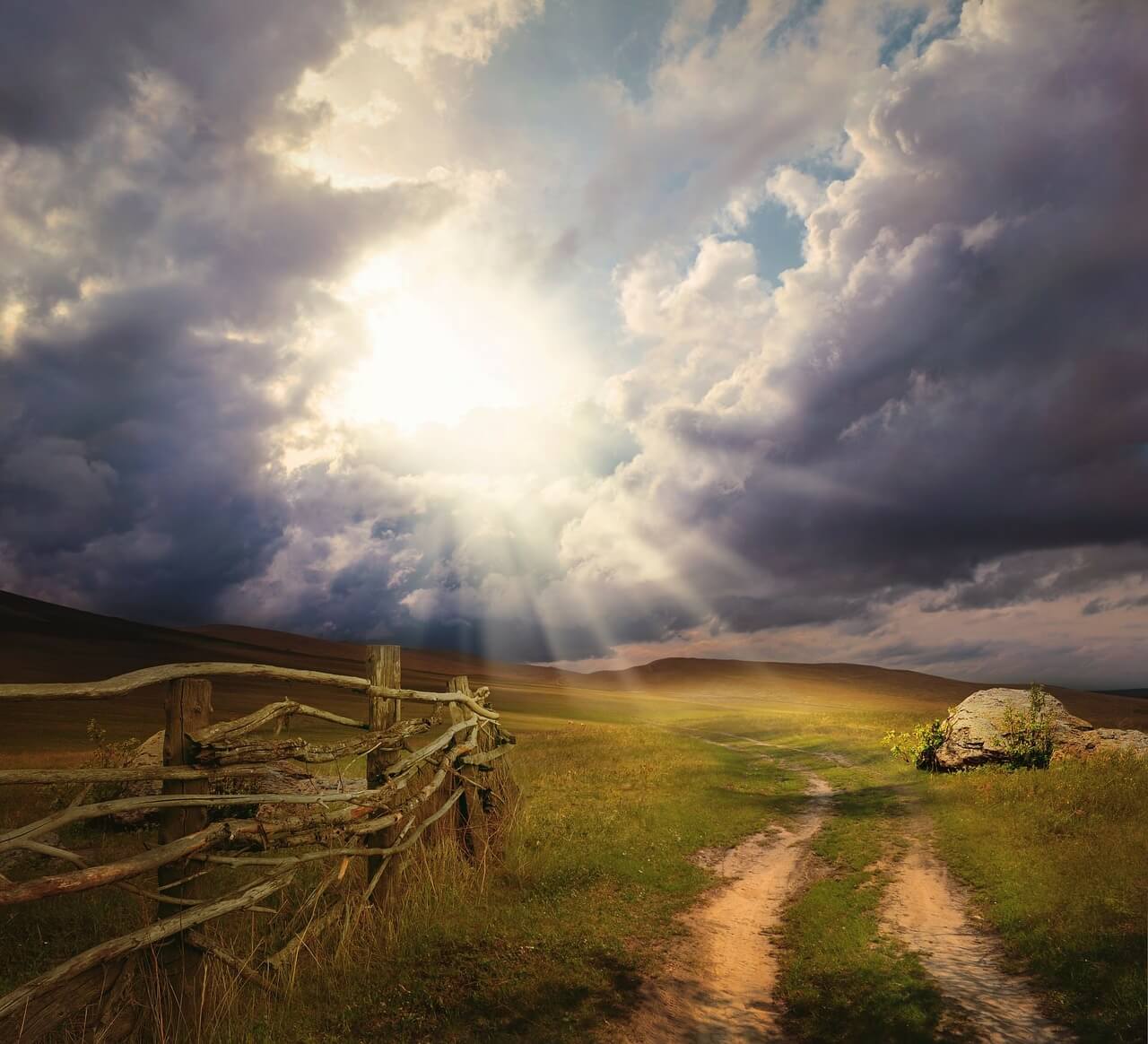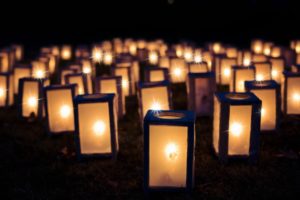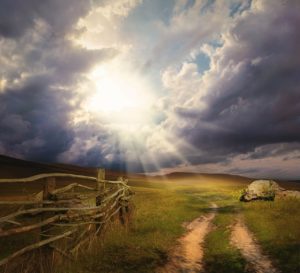Lessons From Psalm Twenty-Three
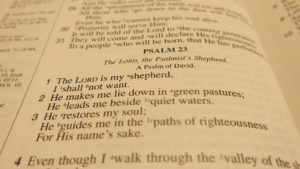
The New Year got off to a bumpy start for me. Everyone goes through difficult times in life and experiences different versions of the same sorts of trouble, so I will spare you the gory details. But I must add, once again, my human weakness and powerlessness offered me the opportunity to depend on the comfort and strength of a loving God who cares for me personally, as an individual child of His. I never, and I mean never, enjoy times of trial, who does after all? Inevitably, when I reach the point of complete helplessness, He shows up and I find that although I may be powerless, He is not. The great author on the topic of suffering, Job, says it best, “ But He knows the way that I take; when He has tested me, I shall come forth as gold.” Let’s consider together the nature of a walk through the valley of shadow with the LORD as our Shepherd and how we can mine gold from the gunk of this life.
From start to finish the Bible is packed with stories of human beings who found themselves in situations beyond human aid. In fact, all of the persons mentioned in Hebrews chapter eleven, often referred to as the Faith Hall of Fame, had incredible times of trial. Noah, Abraham, Sarah, Jacob, Joseph (in Genesis), Moses, King David and Samuel to name a just a few. But this is a short list of the towering giants of Biblical faith to quote C.S. Lewis, “ Whose shoulders we stand on.” Difficulties in their lives (and ours!) were (and still are!) opportunities to turn or return to God. And that is one of the many reasons the Bible continues to be relevant for us today in the twenty-first century and will be until the end of time. The Word of God is the true story of how a merciful God has moved throughout human history to redeem His lost sheep, us. And this history includes real people, living in real time and space who struggled just like we do. And who ( just as we can) chose to put their faith and trust in a very present God in the time of trial. Their stories and ours may vary in detail but have several key common threads.
- They find themselves in a situation their own human power cannot resolve. They may suffer unjust persecution at the hand of the people they are attempting to help or loyally serve.
- In each trial they had to completely rely on and trust in God alone in their hour of need.
- They could only do number two because they had a close, personal relationship with Him and knew they were richly blessed despite their circumstances because God was their dwelling place.
The book of Psalms is a treasure trove of writings penned in deep, dark trenches, shadowy valleys, barren deserts and high mountain top moments by such greats as King David and Moses. The Psalms are filled with joy, sorrow, awe, anger, worship, fear, desperate despondency, praise, prophecy, comfort and hope. Psalm twenty-three is a Psalm of David and probably one of the most well known psalms because it is a psalm of security, comfort and hope often read during times of death and sorrow. Let’s dive into this psalm and mine some gold as we unpack our three common threads.
Psalm 23 (NKJV)
The Lord is my shepherd;
I shall not want.
He makes me to lie down in green pastures;
He leads me beside the still waters.
He restores my soul.
He leads me in the paths of righteousness for His name’s sake.
Lesson number one: David found himself in a situation in which his own human power could not resolve, he was powerless over his circumstances. He suffers unjust persecution at the hand of the people he was attempting to help or loyally serve.
Psalm twenty-three was most likely written while David was literally living in the desert on the lam and running for his life from King Saul who desperately wanted to kill his most loyal subject. Reread that loaded sentence. As the story begins David was sent by his father with food for his brothers who are in King Saul’s army. He ends up becoming the hero who kills the giant enemy warrior everyone in Israel’s army was terrified of with a slingshot and a stone no less.
Let’s pause for a moment to consider the first segment of Psalm 23. David’s job on his father’s farm was shepherd, a tender of sheep. He knew and performed his job well and that gentle care and love of the flock was required along with courage and skill to defend the sheep from would-be attackers such as lions and bears. It is easy to understand why David sees The Lord as his Shepherd; The Shepherd who loves and leads him in the right ways. God refers to David as “a man after His own heart” because David seeks God’s righteousness and guidance, for God’s honor- His name’s sake- not for his own sake. He allows God to shepherd and lead him, which is exactly what made him beloved by the people and hated by King Saul. Saul didn’t do any of those things, much less for God’s name sake, and that is why God decided to replace Saul with David. Saul figures that out and eventually becomes obsessed with killing David, even though he’s really fighting against God, not David. David is forced to flee for his life, persecuted, hunted and hated by the king he loyally serves. He is forced to depend upon God entirely to restore his soul, you know, give him the peace that passes all understanding in the midst of it all. He trusts God is with him and will lead him to rest in green pastures and to walk beside still waters, in other words to keep him calm in the midst of a raging storm. Have you ever found yourself in such a situation?
Yea, though I walk through the valley of the shadow of death,
I will fear no evil;
For You are with me;
Your rod and Your staff, they comfort me.
Lesson number two: David had to completely rely on and trust in God alone in his hour of need.
I encourage you to pause and turn to Samuel I and II, and read for yourself this remarkable story where David chose not to lose his integrity (that came later with Bathsheba) by relying entirely upon and staying faithful to God by doing the next right thing. He had some close shaves for sure, times when he could have killed Saul, but he believed that to be God’s job, not his. David trusted he would become king when God decided the time was right.
David lived in the valley of the shadow of death; it constantly stalked him but he didn’t fear it. Nor did he fear the evil intentions of King Saul because he was confident God was with him. He knew that God’s rod and staff (tools shepherds had on hand to protect their flocks from harm) would protect him. What he and all the Biblical heroes and heroines of faith understood at a heart level, and we must too, is if we trust the unknown future to a known God in both good and bad times, His power can and will be made manifest in our weakness.
Lesson number three: David could only do that because He had a close, personal relationship with God and was therefore richly blessed in all circumstances because God was his dwelling place .
You prepare a table before me in the presence of my enemies;
You anoint my head with oil;
My cup runs over.
Surely goodness and mercy shall follow me all the days of my life;
David had no doubt who was in charge. God the Good Shepherd. It was God who anointed David’s head with oil to designate his kingship. It was God who would protect and guide him from harm. It was God who would lift him up and honor him in the face of all of his enemies in the fullness of time. The last lines of the psalm confirm his close, intimate relationship with God and his sure and certain knowledge of who God is and that he had good in mind for David despite the circumstances in which he found himself. I have a video of our seven year old granddaughter reciting Psalm twenty-three. She says emphatically, “Surely goodness and mercy shall follow me ALL the days of my life.” She is spot on. All the days. Even when we can’t see it or feel it; God’s mercy follows us.
And I will dwell in the house of the LORD forever.
David makes a conscious choice here. He chooses to dwell in God’s house, with God. Not just when things are going well, the sun is shining and nothing hurts, but in the shadow filled valleys and worst times of his life he will live with the LORD as his Shepherd.
How about you? Will you choose the Lord as your Shepherd and to dwell in the house of the LORD, all the days of your life?
Be joy filled always,
Christine Davis
